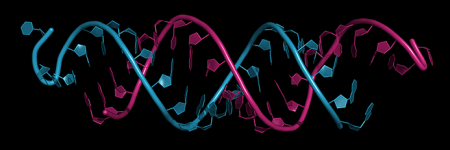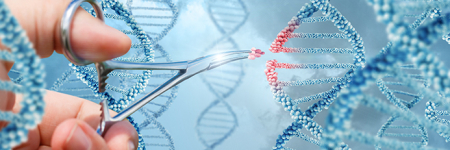Blog articles

RNA-based therapies: two types explained
What are RNA therapies and how are they used? We compare the two licensed types – antisense and RNA interference – to find out more

Mitochondrial disease: the genomics challenge
Mitochondrial diseases are overwhelmingly genetic in origin, so why are gene therapies so difficult to develop? We take a deep dive to find out more.

Genome editing trial suggests cure for blood diseases
Recent tests have established a potential cure for sickle cell disease and beta thalassaemia by using genome editing on bone marrow stem cells

Prime editing: the new kid on the block
Progress in the field of gene editing has been rapid, but one relatively new technique could be useful for up to 90% of known disease-causing variants

Genomics and HIV: can we be cured?
New genomic discoveries provide hope that lifelong antiretroviral therapy may one day be a thing of the past

Infectious diseases and the race to diagnosis
Researchers are exploring new techniques to tackle serious infectious diseases, and contain an outbreak before it becomes an epidemic

HIV and the genome
Genome editing has not been without controversies, but some studies suggest it may hold the cure for patients living with HIV

Genomics, the land, and the promise of new drugs
Despite its proven value, scientists and researchers are yet to harness the full medical potential of the soil. Is genomics the key?

Birth of world’s first gene-edited babies sparks outcry
Why is the procedure so controversial, what are the risks, and could it ever happen in the UK? We take a look at the key issues

First RNA-based therapy approved in US and Europe
Gene-silencing technique works without altering the person’s DNA, and prevents harmful proteins from being made in their cells

Genome editing: Talking to patients
With genome editing hitting the headlines, patients may have questions about its applications. Here’s our concise guide for health professionals

Genome editing: 5 key questions answered
News stories in biomedicine are being dominated by genome editing, Crispr and other methods. So what's it all about, and what might it mean for healthcare?


